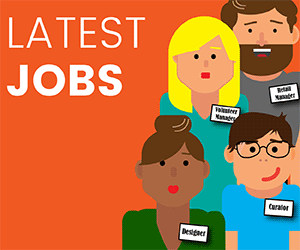Those of us in marketing have debated this question for ever. Do we lead or follow public opinion as expressed through focus groups? Earlier this year the Museums Association commissioned in-depth research into people’s attitude to museums. A number of issues related to the Museums 2020 report (see below) were put to groups across the country in day-long workshops. Some people say that you get the results you want from research by framing the right questions. That certainly was not the case here as the Museums 2020 proposition advocates a social and political role for museums in the community way beyond what they do now. This was rejected by the participants. Instead, they took a more conservative line, committed to museums, yes, but to their role in actively sharing knowledge. They trusted museums because they provided factual and unbiased information. The purpose of museums are… There were few surprises here – people agreed that museums are about the care and preservation of the heritage and about holding collections and creating displays. Museums also have a role in promoting economic growth through tourism, educating children and informing and inspiring adults. Happiness, no – more about entertainment… Some museums have been engaging in the Happy Museum project, actively promoting a sustainable future, and developing wellbeing “that’s fair on people and the planet” (see below). Those interviewed for this research felt that this was pushing the museum’s role too far – entertainment, yes – but those laudable goals of creating a sense of community, helping vulnerable people, improving the environment, debating social justice and human rights, were challenged by the participants. This would stretch museums too far, they said, but also make them less trusted, no longer providing unbiased and factual information. Museums 2020 from here on…. The results of the research has already been challenged by some who support the 2020 agenda of an active role for museums in the social and political debates of the day and in creating a fairer society. Maybe the participants didn’t understand the questions, maybe there was bias and maybe the sample was too small, they are saying. Think Britain who carried out this study has in my opinion produced an effective study which delivers some very positive messages about museums in Britain today. People are proud of them, the majority of the population, as we know, visit, some very frequently. Museums, despite public funding cutbacks, particularly in the regions, are in most cases able to carry on with their activities, although educational programmes have been reduced. Those interviewed have seen clearly, what some in the museum sector have overlooked, when your back is against the wall, stick to what you know and do best. Of course, museums should innovate where they can, they should challenge our prejudices and pre-conceptions, but it makes sense to concentrate on the core, do well, and for as many people as possible. There are others – government, councils, politicians, think tanks and thinkers, universities and charitable institutions – who should debate and pursue the quest for social justice.
Back to top




